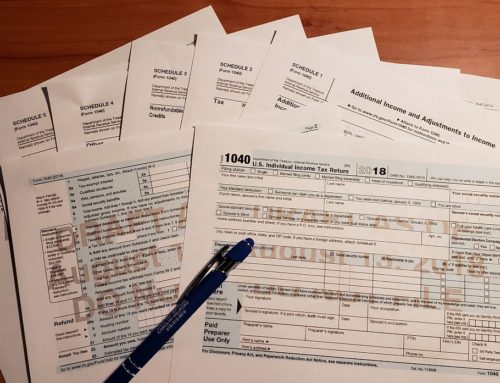Did you know that not all taxpayers are required to file a federal income tax return? Determining if you have a filing requirement, like almost everything else tax-related, starts with evaluating your gross income for the year, your filing status, age, etc.
Below are the updated filing requirements for the 2019 tax season. The threshold has been revised under the Tax Cuts and Jobs Act of 2017, and it will fluctuate with inflation each year.
Married Filing Jointly
- both spouses under 65 – $24,000
- one spouse 65 or older – $25,300
- both spouses 65 or older – $26,900
Married Filing Separately
- Under 65 – $12,000
- 65 or older – $13,600
Head of Household
- under 65 – $18,000
- 65 or older – $19,600
Single
- under 65 – $12,200
- 65 or older – $13,600
Qualifying Widow(er) with Dependent Child
- under 65 – $24,000
- 65 or older – $25,300
The above thresholds apply for taxpayers who cannot be claimed on another taxpayer’s return. A different set of guidelines applies for dependents.
Self-employed taxpayers are required to file a federal tax return if they made more than $400. If you will be claimed as a dependent on someone else’s tax return and received more than $1,050 of unearned income, you are also required to file following the Kiddie Tax rules.
And if those were not enough one-off rules, here are some more reasons you may have to file a tax return:
- You owe taxes because of you had distributions or excess contributions from or to your retirement accounts (e.g. IRA or 401k)
- You owe Social Security and Medicare taxes on tips not reported to your employer
- You sold your house and the sale was reported on a 1099-S form
- You received Advanced Premium Tax credit
- You have a financial account overseas that is over a set limit depending on your filing status
- You owe household employment taxes
- You must repay the 2008 Homebuyer Credit
- You received distributions from an MSA (Medical Savings Account) or HSA (Health Savings Account), or
- You earned $108.28 or more from a tax-exempt church or church controlled organization.
When it comes to taxes, there is no shortage of situations to prepare for. One of the most overlooked areas relates to natural disasters. Disasters can strike in any place and at any time. For this reason, taking precautionary actions is highly encouraged.
Many taxpayers have arrangements in place for their families in the event of a disaster, but we should also have a preparedness plan for vital records. Such a system can be useful when accounting for belongings, property, and critical documents following an emergency.
Some things to consider when creating a preparedness plan include:
Checking on fiduciary bonds
If you operate a business and use payroll service providers, you should inquire into whether a fiduciary bond is in place. A fiduciary bond could protect you in the event the payroll provider defaults.
Making copies of fundamental documents
Original records of items such as tax returns, insurance policies, titles, etc., should be kept in a secure area concealed in waterproof containers. A duplicate set of these documents can be left with a trusted family member or friend outside of the anticipated disaster area. Or instead of copying documents, original files can be scanned for backup on a hard drive, flash drive, CD or DVD. Additionally, many financial institutions provide statements and reports electronically that can be downloaded and saved.
Documenting Valuables
Taking photos or video recordings of household and business items can be helpful, not only for insurance claims, but also to claim tax benefits if a disaster strikes.
The IRS is available for general assistance
Taxpayers affected by a federally-declared disaster can consult with an IRS specialist trained to handle such matters for this or any other tax problem you might have, contact CMW Tax Services Corp, we are an enrolled agent for the IRS.





